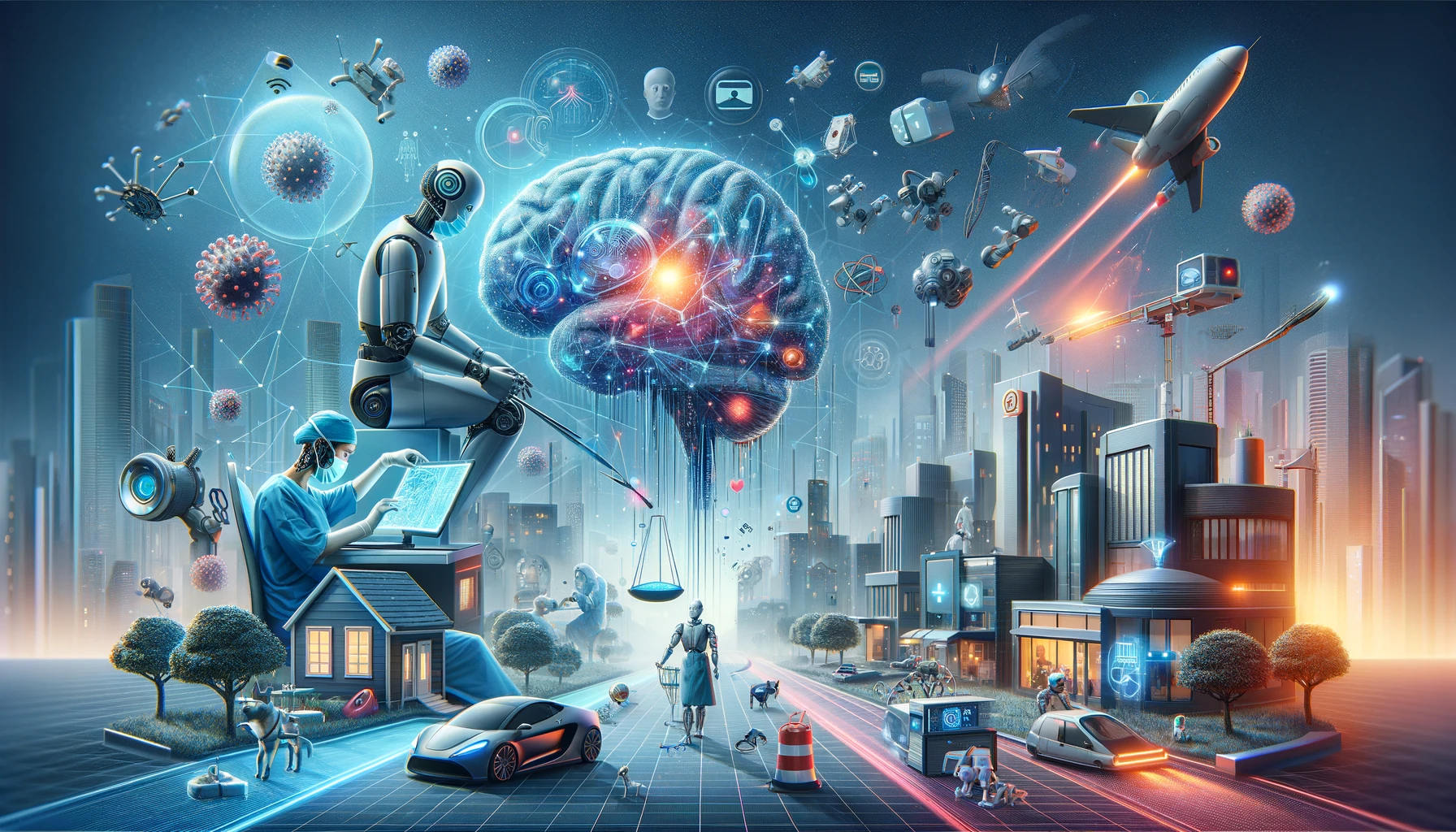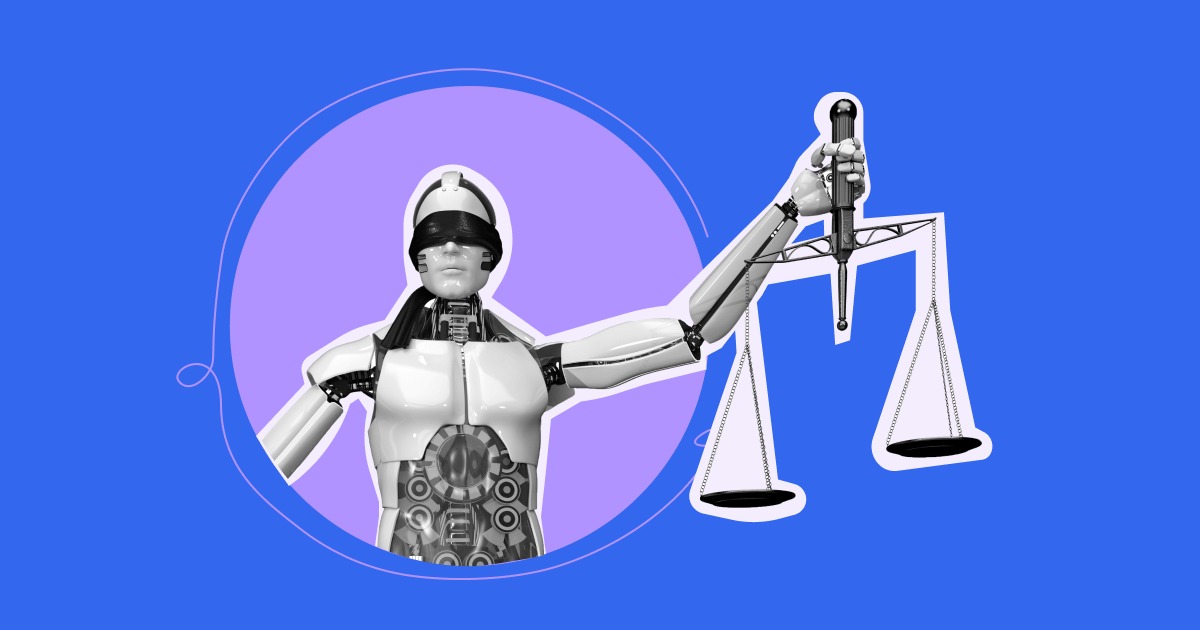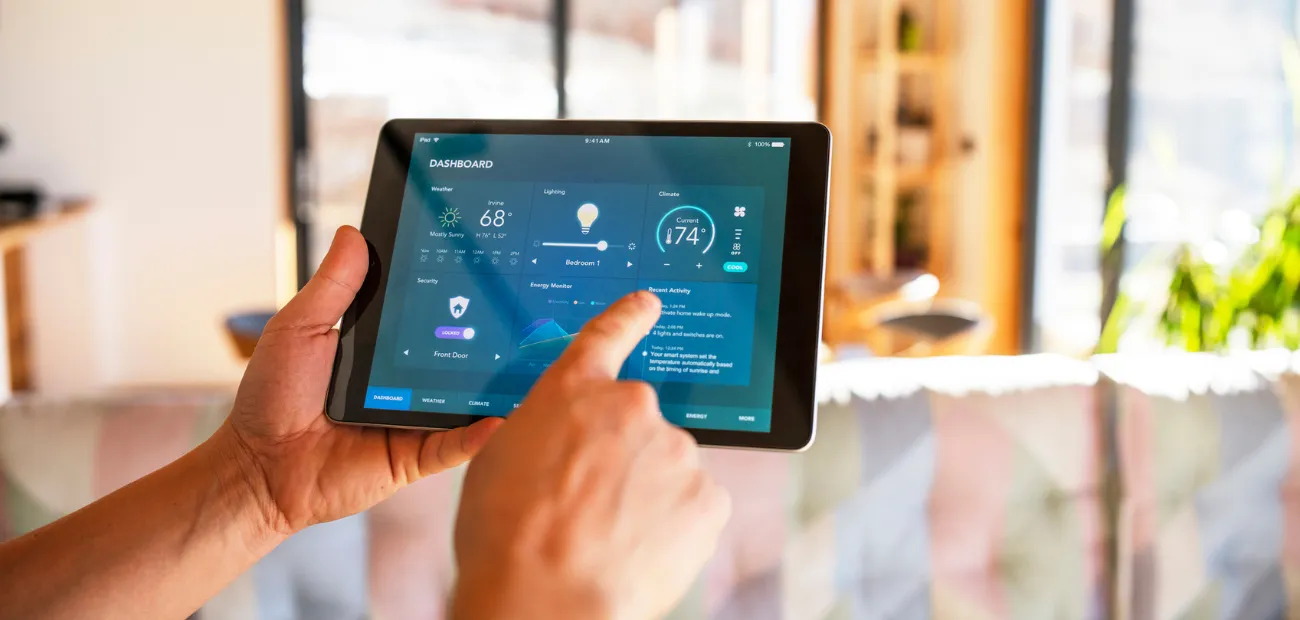
Navigating Our Tomorrow with Artificial Intelligence (AI Unveiled)
From chatbots to self-driving cars, AI is rapidly transforming how we do everything.
We are now entering a new age in which Artificial Intelligence (AI) is no longer a far-fetched concept. Gone are the days when machines were mere tools. They have now evolved into intelligent beings that can think and learn like humans - or even surpass them in some cases!
AI is no longer confined to science fiction novels or blockbuster movies. It is now seamlessly integrated into our everyday life. It helps us navigate traffic jams during rush hour, suggests personalized recommendations based on our online activities, and automates mundane tasks at work – all while continuously learning from each interaction. Despite all the convenience and efficiency it offers, this rapid degree of integration does bring up some questions regarding ethics.
As we go further, let's keep sight of the fact that behind every technological breakthrough lie complex algorithms conceived by minds as brilliant and sophisticated as ours. Technology has yet to replace society. It exists only for its betterment. Join us as we embark on this fascinating journey into literal limitless possibilities in an AI-driven world.
What is AI?
AI is not just numbers and codes. It is about building machines that can adapt, learn and even outthink humans. It is more than algorithms. As it becomes increasingly instinctive, we can expect that it will move ahead - beyond imagination.
With every advance in technology, accessibility and increase in user-friendliness, AI becomes less intimidating.
Emotional intelligence has a very important bearing on future evolutions within artificial intelligence. The imagination boggles! While there may be concerns or fears surrounding the potential power dynamics between artificial creations and their creators, these advancements may ultimately serve us by elevating humanity rather than replacing it entirely.
AI and Ethics
As AI systems become more autonomous, the ethics debate becomes increasingly important. Also bear in mind that the AI cannot be devoid of ethics and be capable of making decisions depending on convenient moral principles. That's dealing with biases in AI algorithms to overcome inequality.

What Can AI Do?
The power of artificial intelligence knows no bounds. From enhancing healthcare services and safeguarding our environment to providing aid in times of crisis – AI demonstrates that technology can do everything. Gone are the days when robots were seen solely as cold machines devoid of emotion.
Artificial Intelligence (AI) has revolutionized problem-solving across fields, including healthcare and environmental conservation. In the healthcare sector, AI algorithms analyze copious amounts of data to help doctors accurately diagnose complex diseases. This technology not only speeds up the process but also reduces human errors, ultimately saving lives. Moreover, AI enables researchers to develop treatments by identifying patterns within patient records and data from clinical trials.
When it comes to preserving the environment, AI plays a role in monitoring and managing ecosystems. By analyzing satellite imagery and sensor data from forests or oceans, it can promptly detect deforestation or pollution levels, allowing for interventions in preservation efforts.
AI's potential goes beyond industries. It is now becoming a part of the educational system as well. Through learning techniques powered by AI algorithms, personalized educational experiences are delivered to students based on their needs and abilities. From enhancing problem-solving skills to fostering creativity through platforms tailored to strengths and weaknesses, AI transforms traditional learning environments into dynamic spaces that empower lifelong learners across the globe.
Personalization
Imagine living in a world where your devices understand you. They know your preferences well and are ready to personalize your experience. They make customized recommendations to your needs, setting a benchmark for customer service.
Learning is being customized to suit a student's needs, providing equal opportunities for academic growth and success.
This, in turn, bridges the gap between diverse communities and creates a society where circumstances do not dictate the quality of education.
AI's role in creative fields is also being viewed with increasing interest. AI-generated art, music, and literature now challenge our definition of creativity. Society must reassess what it means to be an artist in the first place.
With artificial intelligence now able to produce works on par with those created by human hands and minds, we ask: What is creativity? They make us wonder - Does true innovation exist only within humanity or not? These developments point to the necessity of self-questioning and receptivity towards new languages.
Artificial intelligence goes above and beyond mere problem-solving, exhibiting a deep comprehension of both individual and societal needs.
AI's future is uncertain, but it is exciting. Society is on the brink of a technological revolution. At this moment, it becomes necessary to be more responsible while shaping AI's development so that it can be used for the betterment of society and enrich our lives. We are actively building the future with lines of coding. Let us work responsibly so that we have a future that we can look forward to.






Comments
The potential of AI is limitless, but it’s important to consider the ethical implications. How we manage this technology will determine whether it’s a force for good or something more concerning.
Navigating the complexities of AI is crucial as we move forward. I believe education and awareness are vital in understanding its impact on our daily lives and the broader society.
AI is advancing at an incredible pace. It’s both exciting and a bit daunting to think about how it will shape our future. The key will be to use it responsibly and ensure it benefits everyone.
Leave a Comment